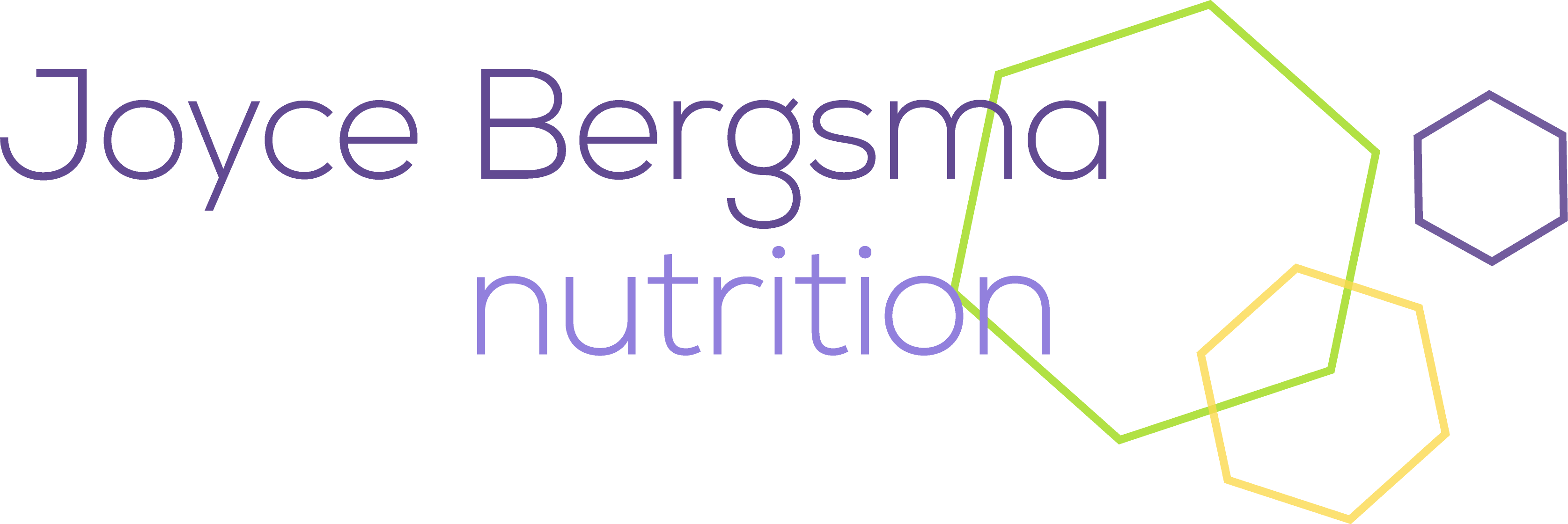
The Importance of Zinc
Zinc is the second most abundant trace mineral in the body and is found in every cell. It’s an important nutrient required by hundreds of enzymes that help in metabolism, digestion, nerve function, and more. It’s also essential for the maintenance of vision, taste and smell.
The recommended daily amount (RDA) is 8mg (women) and 11mg (men) of zinc a day. However, it’s still possible to have zinc deficiency. In fact, over 2 billion people worldwide suffer from this deficiency, and those who are at risk include malnourished people, infants, older adults, and alcoholic individuals. Symptoms include impaired wound healing, loss of appetite, and diarrhea. In fact, the Linus Pauling Institute argues that short-term (1-2 weeks) at higher levels reduces cold symptoms and has not been found to be toxic.
Aside from preventing these symptoms, taking the proper amount of zinc definitely has some benefits. Here’s why zinc is the super nutrient you need.
Helps prevent depression
Lack of zinc can cause loss of appetite and behavioural problems like decreased alertness and poor concentration, which are also symptoms of depression. Zinc is a natural antidepressant that helps regulate mood and hormonal health that could cause the afore-mentioned problems.
Boosts immune system
Zinc is important for immune cell function and cell signalling, which may help fight off microbes too. It also helps immunity by blocking off bacteria’s pathway, making it easier for immune cells to kill them. Plus, it reduces risks of infection and shortens the duration of sickness as well. For the latter, it’s advisable to take some zinc supplements within 24 hours of experiencing symptoms.
Decreases inflammation
An imbalance between the free radicals and antioxidants in the body causes oxidative stress, which in turn can lead to chronic inflammation. Chronic inflammation is a factor in other illnesses, such as heart disease, cancer, and mental decline. Fortunately, zinc helps decrease oxidative stress. And aside from helping to prevent these illnesses, it can also lend a hand in clearing up acne since it decreases oil production as well.
Promotes a healthy heart
Some studies show that people who suffered from heart failure had a zinc deficiency. So, depending on your health history, heart problems can be prevented by taking enough zinc. This is because zinc helps maintain cardiac muscle tissue, alongside lowering triglycerides, total cholesterol, and systolic blood pressure.
Reduces the risk of some age-related diseases
Age-related diseases include pneumonia, infections, and age-related macular degeneration (AMD). As previously mentioned, zinc helps improve immune response, so it can help prevent infection too. It also helps improve influenza vaccination response and boost mental performance by getting rid of free radicals that cause mental decline. Zinc plays a role in eye health as well, so proper intake can possibly stave off AMD.
May Boost Fertility in Men
In addition to being important for male sex hormon and prostate function, zinc has an influence on male fertility. A deficiency has an influence on sperm count and motility, especially where there is also low testosterone.
Which foods are high in zinc?
Zinc is a nutrient that your body can’t produce or store. Fortunately, it’s surprisingly easy to find in food.
- Seeds, especially pumpkin, and nuts like pecans and Brazil nuts are good sources.
- Whole grains, like quinoa, rice, and oats, are another great example. They’re now easy to prepare using modern rice cookers, which are equipped with various settings that can let you prepare grains however you want — be it fluffy rice or porridge.
- Shellfish like oysters and crabs are another ideal source. Oysters actually have the highest zinc levels of all.
- Meanwhile, although fruits and vegetables are healthy, not all of them contain enough zinc. Go for potatoes, green peas, spinach, and lima beans.
- Lastly, a food that you’d be surprised to know contains zinc is dark chocolate. But keep in mind that it’s also a high-calorie food, so it’s not something you should be relying on for your zinc intake.
All in all, your options are endless when it comes to reaping the benefits of zinc. Don’t overlook this essential nutrient, and make sure to incorporate it in your everyday diet.
Written by Jill Bennington and edited by Joyce Bergsma
Photo by João Jesus from Pexels

